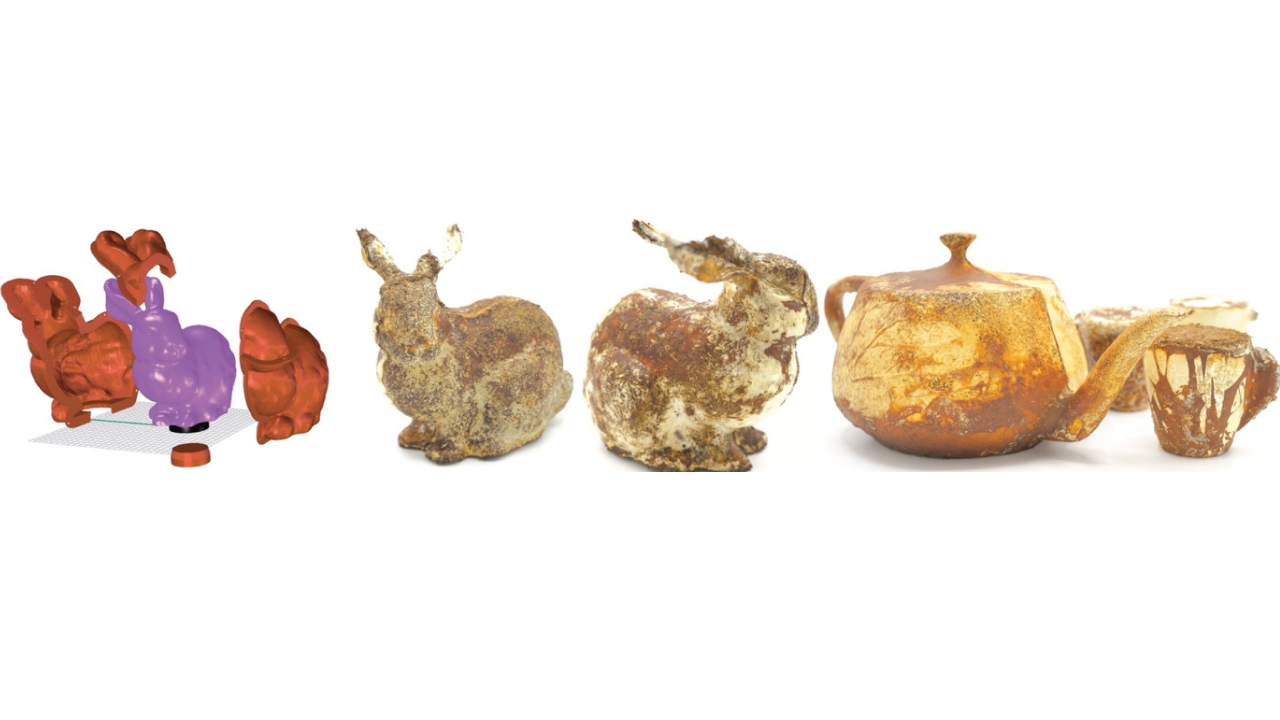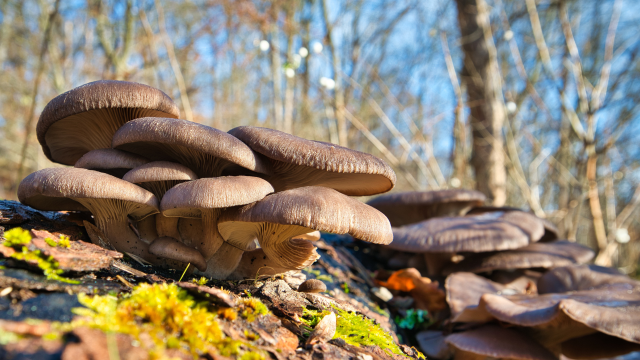University of Sydney (USYD) researchers have developed a mushroom-based process that breaks down organic waste into compostable products, envisioning the end product as a solution to plastic.
The research team has been exploring myco-materials – a mixture of mushroom spawn and waste materials, like saw dust and cardboard. With these materials, the team has been moulding 3D objects of everyday products. It’s certainly not the first time that plant-based packaging has been floated as an idea, but it is an exciting development.
“The exciting part is that we can make use of waste, such as sawdust, coffee grounds, or cardboard, to grow this material. We’ve had success with a ‘grow-your-own’ mushroom kit, added coffee ground waste from the local café, and then 3D printed detailed moulds to form the material into interesting and useful designs,” co-leader of the research team and biodesign program director at the School of Architecture, Design and Planning Doctor Philip Gough said.
“It’s lightweight and feels like paper, so it’s interesting for designers. Being compostable, it’s a sustainable alternative to plastic, which will last in the environment long after the technology is obsolete. Perhaps one day the cover on your smart home assistant and other electrical devices will be made from a material that doesn’t go to landfill once you’ve finished using it, but into your garden.”

It’s the hope of the research that, one day, smart devices can be made of this material, created from locally sourced and sustainable compounds.
The process for creating these myco-materials doesn’t actually require any complex lab equipment, and can effectively be done in-home, according to the other research team co-leader Doctor Anusha Withana from the School of Computer Science and Sydney Nano Institute.
“Another area we work in is creating assistive devices for people living with disabilities or chronic health conditions. We often collaborate with developing countries like Sri Lanka where costs and accessibility of materials are a big problem. This method will allow us to grow things easily with locally accessible organic waste at a fraction of the cost,” Withana added.
“Our process presents a huge opportunity. For instance, Australia, being a large country, with many remote regions, supply chain is a big problem. I think methods like what we propose can bring a fundamental shift in the way we think about supply chains. In future, your next appliance could be grown out of the organic waste out of your kitchen bin, instead of plastics or metal that needs to be transported from far away,”
The team is now focusing on if they can 3D print with myco-materials, allowing for larger-scale production and less material use overall.
Whether or not this mushroom-based approach will bring an end to plastic, it’s still too early to tell. However, if it’s going to cut down on our use of long-lasting materials that are harmful to the environment, it’s hard to not love it.
You can read about the research on the USYD website, or on the Association for Computing Machinery digital library.
